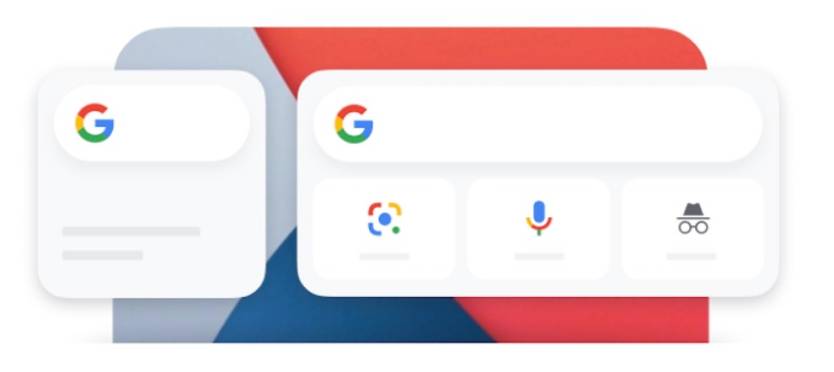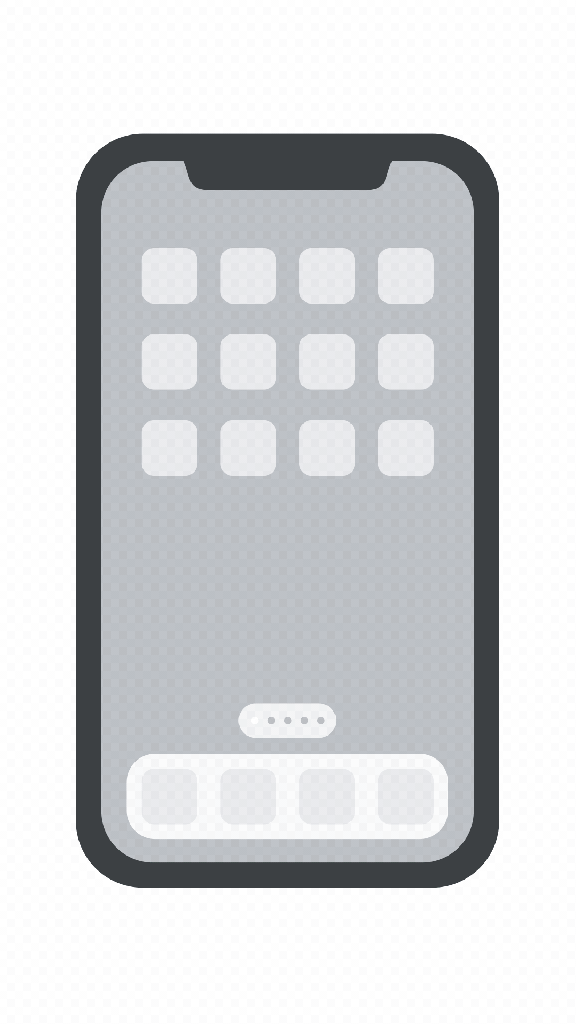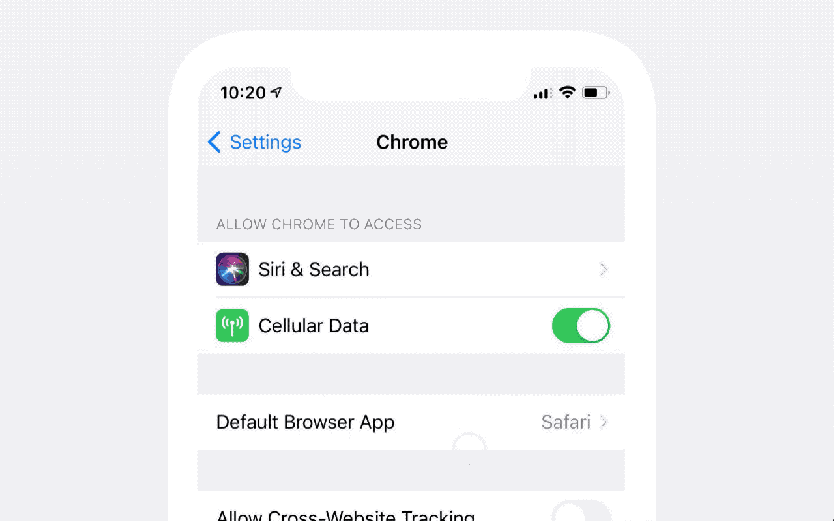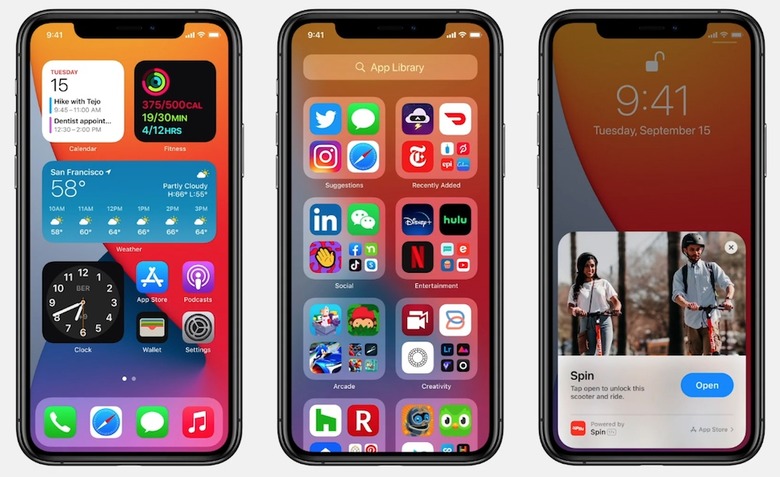With iOS 14, Google Thinks It Can Take Over Your iPhone
- Now that iOS 14 is available to download on iPhone, Google announced a few useful new features for iPhone users that take advantage of the new mobile operating system.
- Google's iPhone apps, including the Google app, Chrome, and Gmail, can benefit from two key iOS 14 features in the future which might help Google take over your iPhone screen.
- Google now has a search widget for the home screen and encourages users to set Chrome and Gmail as default apps in iOS 14.
After three months of betas, iOS 14 is finally out for all iPhone users, and you can try all the novelties that Apple imagined for this year's major mobile OS upgrade for yourself. There are quite a few notable changes in iOS 14, including features that were only available on Android before. And it's thanks to those that Google thinks it can take over your iPhone home screen.
The iPhone remains a highly prized commodity for Google, which pays Apple handsomely for being the default search engine on Safari. But thanks to iOS 14's novel features, Google can be even more aggressive. It's all about taking over the home screen, a practice we've witnessed before from another tech giant.
Before embracing Android and iPhone, Microsoft went through several significant defeats. Windows Mobile. Windows Phone. Nokia. These were all squandered opportunities. But Microsoft quickly realized it doesn't have to provide the underlying OS to dominate the home screen. Its popular Office suite is a must-have for many smartphone owners. Under Satya Nadella's leadership, Microsoft devised other mobile apps and experiences, or just purchased them. Microsoft reached a point where it's not only selling high-end smartphones in its stores, but it made a Surface-branded Android handset.
Getting back to Google, the attack on the iPhone can't mimic Microsoft's embrace of Android. But what Google really wants is to make money from mobile ads that show up on iPhones. The way to do that is to ensure that its the dominant search engine on iPhone. Aside from Search, products like Chrome and Gmail can further help Google get more customers who will eventually help it make more cash. This is where two key iOS 14 features come in, the new widgets support, and the ability to set new default browsers and email clients.

Examples of Google app widgets available on iPhones running iOS 14.
Google's timely announcement proves the company prepared accordingly for the iOS 14 launch.
The Google app that you might have installed on your iPhone is now even easier to use thanks to the new widgets. The Google widget will let you perform searches directly from the lock screen or home screen, and it's frankly a brilliant solution. Google will surely continue to pay Apple large sums of money for being the default search ending on Safari, but the Google widget could further help advance its goals. The animation below is a little on the nose, showing you how to place the search app at the top of everything on the first home screen on your iPhone.

Animation shows how to add a Google widget on the home screen of an iPhone.
The Quick Search Widget, as Google calls it, supports regular searches that need to be typed in, but also Lens and Voice Searches.
Setting Chrome and Gmail as your default browser and email apps can also come in handy. Both for you and Google. "If you set Chrome as your default browser when you open a link from another app, it will open in Chrome. Similarly, if you set Gmail as your default email app, any time you tap on an email icon on the web, it will open the Gmail app," Google says.
What Google doesn't say is that it would prefer you to use the internet via a portal that it can control, like Chrome, rather than Safari. We already know that Apple's operating systems and Safari can be a real nightmare for advertising businesses, Google included. Gmail is just one of those great Google apps that make the data-for-free-services trade-off worthwhile. Again, it's all brilliant. Google is taking advantage of iOS 14 in the best way possible.

An animation shows how to set Google Chrome as the default browser on iOS 14.
There's a silver lining in here for Apple as well. Apple probably knew that companies like Google would quickly take advantage of these new iOS 14 features, which happen to help it defend against the various antitrust lawsuits and inquiries it will have to face. Offering users more choice on iPhone, which competitors are ready to embrace, should work in Apple's favor.
